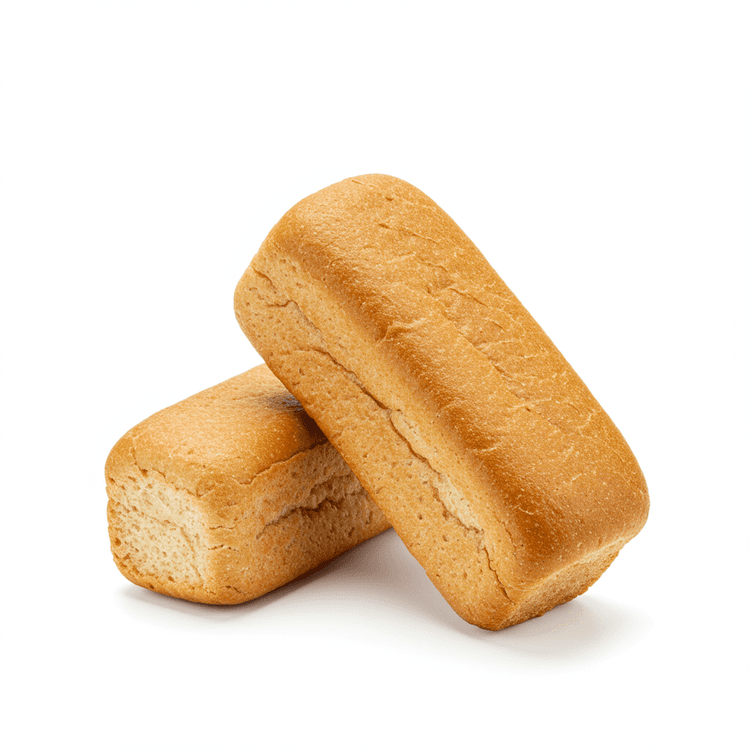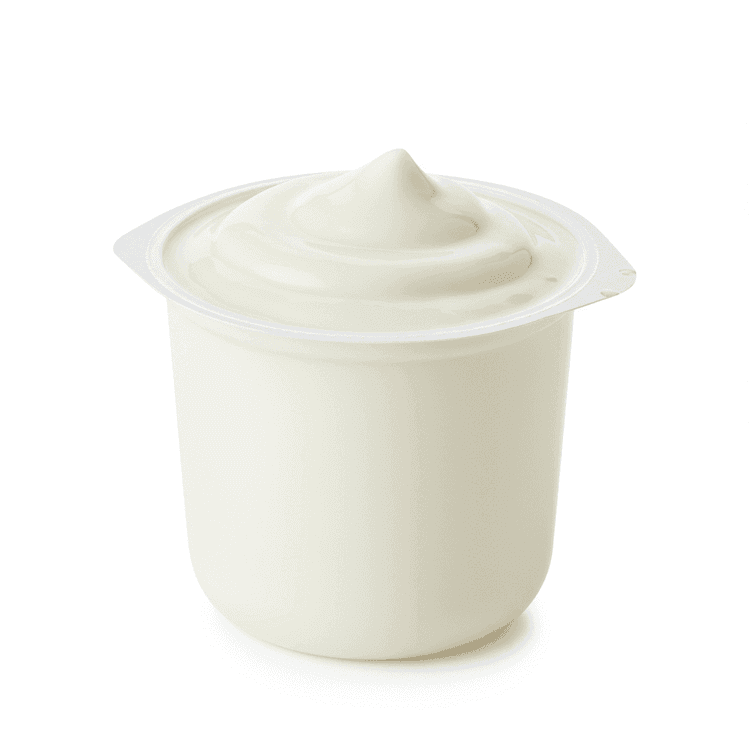
Bread Softener
Bread softener is a food-grade ingredient blend formulated to improve the texture and extend the shelf life of baked goods, particularly bread. It typically contains emulsifiers, enzymes, and sometimes dough conditioners that work together to create a softer, more pliable crumb. Using bread softener results in bread that is less prone to staling and remains moist for a longer period. This is achieved by enhancing water retention and gluten development, leading to a superior eating experience. Bakeries and home bakers alike use bread softeners to ensure their breads stay fresher for longer, resulting in customer satisfaction.
Common Uses
- Using bread softener in yeast breads to create a more tender and evenly textured crumb, improving the overall mouthfeel and softness of the final product.
- Incorporating bread softener into bread dough to enhance its ability to retain moisture, resulting in a bread that stays fresher and less prone to drying out over several days.
- Adding bread softener when baking sourdough or artisan breads to achieve a balance between the characteristic chewy crust and a more palatable, soft interior crumb structure.
- Employing bread softener in commercially produced breads to extend their shelf life and maintain a consistent level of quality, ensuring consumer satisfaction and reduced food waste.
- Preparing enriched doughs, like challah or brioche, where bread softener helps to improve the richness and tenderness of the crumb, adding to the desirable characteristics of these breads.
- Utilizing bread softener in gluten-free bread recipes to mimic the structure and texture provided by gluten, resulting in a softer, less crumbly gluten-free loaf.
Health Benefits
- May improve bread texture and digestibility, potentially easing digestion for some individuals.
- Can enhance the nutritional profile of bread by facilitating the incorporation of whole grains and seeds.
- Softened bread may be easier to chew and swallow, beneficial for those with dental issues or swallowing difficulties.
- By keeping bread fresher for longer, it can help reduce food waste and save money.
- Some bread softeners contribute added moisture, which can be beneficial for overall hydration.
Substitutes
Chefadora AI is here.
Experience smarter, stress-free cooking.
Storage Tips
Bread softeners should be stored according to the manufacturer's instructions, as different types may have specific requirements. Generally, keep them in a cool, dry place away from direct sunlight and heat. Ensure the container is tightly sealed to prevent moisture absorption and maintain their effectiveness. Check the expiration date and use within the recommended timeframe for best results.
Marnirni-apinthi Building, Lot Fourteen,
North Terrace, Adelaide, South Australia, 5000
Australia




